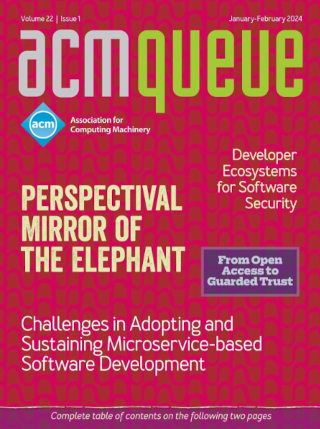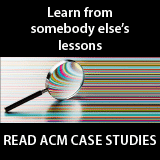The Pain of Implementing LINQ Providers:
It’s no easy task for NoSQL
I remember sitting on the edge of my seat watching the 2005 PDC (Professional Developers Conference) videos that first showed LINQ (Language Integrated Query). I wanted LINQ: it offered just about everything that I could hope for to make working with data easy. The impetus for building queries into the language is quite simple; it is something that is used all the time; and the promise of a unified querying model is good enough, even before you add all the language goodies that were dropped on us. Being able to write in C# and have the database magically understand what I am doing?
Bridging the Object-Relational Divide:
ORM technologies can simplify data access, but be aware of the challenges that come with introducing this new layer of abstraction.
Modern applications are built using two very different technologies: object-oriented programming for business logic; and relational databases for data storage. Object-oriented programming is a key technology for implementing complex systems, providing benefits of reusability, robustness, and maintainability. Relational databases are repositories for persistent data. ORM (object-relational mapping) is a bridge between the two that allows applications to access relational data in an object-oriented way.
A Conversation with Erik Meijer and Jose Blakeley:
The Microsoft perspective on ORM
To understand more about LINQ and ORM and why Microsoft took this approach, we invited two Microsoft engineers closely involved with their development, Erik Meijer and Jos Blakeley, to speak with Queue editorial board member Terry Coatta.






